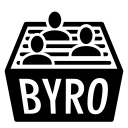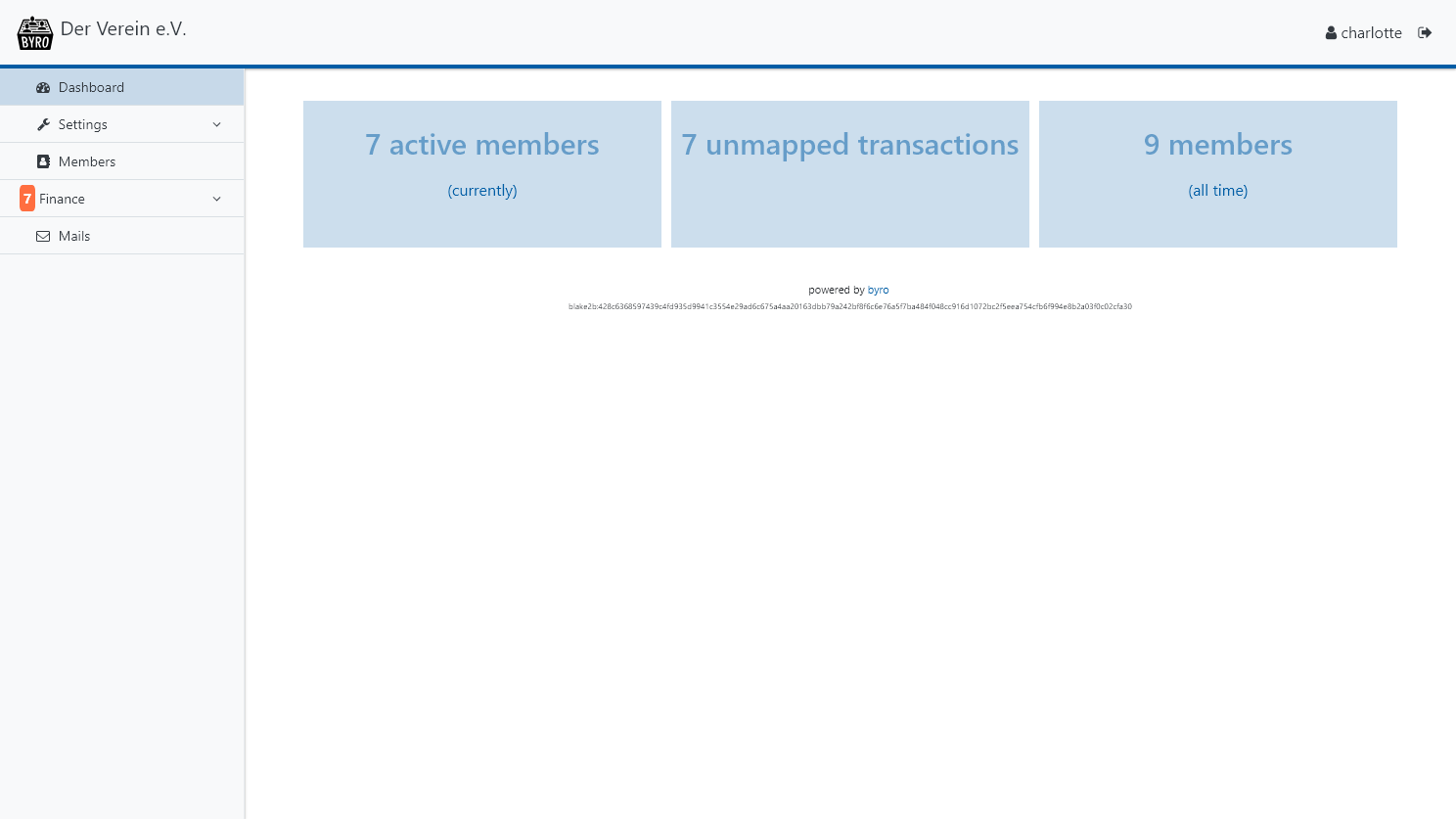As a first-time user I followed the README instructions.
ProgrammingError at /login/
relation "common_configuration" does not exist
LINE 1: ...on_form", "common_configuration"."mail_from" FROM "common_co...
Request Method: GET
Request URL: http://localhost:8020/login/?next=/
Django Version: 1.11.10
Exception Type: ProgrammingError
Exception Value: relation "common_configuration" does not exist LINE 1: ...on_form", "common_configuration"."mail_from" FROM "common_co... ^
Exception Location: /usr/local/lib/python3.6/site-packages/django/db/backends/utils.py in execute, line 64
Python Executable: /usr/local/bin/python
Python Version: 3.6.4
Python Path: ['/opt/code', '/usr/local/lib/python36.zip', '/usr/local/lib/python3.6', '/usr/local/lib/python3.6/lib-dynload', '/usr/local/lib/python3.6/site-packages', '/opt/code']
Server time: Fri, 2 Feb 2018 11:06:50 +0000
Environment:
Request Method: GET
Request URL: http://localhost:8020/login/?next=/
Django Version: 1.11.10
Python Version: 3.6.4
Installed Applications:
['django.contrib.auth',
'django.contrib.contenttypes',
'django.contrib.sessions',
'django.contrib.messages',
'django.contrib.staticfiles',
'compressor',
'bootstrap4',
'djangoformsetjs',
'solo.apps.SoloAppConfig',
'byro.common.apps.CommonConfig',
'byro.bookkeeping.apps.BookkeepingConfig',
'byro.documents.apps.DocumentsConfig',
'byro.mails.apps.MailsConfig',
'byro.members.apps.MemberConfig',
'byro.office.apps.OfficeConfig',
'byro.plugins.profile.ProfilePluginConfig',
'byro.plugins.sepa.SepaPluginConfig',
'annoying',
'django_extensions']
Installed Middleware:
['django.middleware.security.SecurityMiddleware',
'django.contrib.sessions.middleware.SessionMiddleware',
'django.middleware.common.CommonMiddleware',
'django.middleware.csrf.CsrfViewMiddleware',
'django.contrib.auth.middleware.AuthenticationMiddleware',
'django.contrib.messages.middleware.MessageMiddleware',
'django.middleware.clickjacking.XFrameOptionsMiddleware',
'byro.common.middleware.PermissionMiddleware']
Traceback:
File "/usr/local/lib/python3.6/site-packages/django/db/backends/utils.py" in execute
64. return self.cursor.execute(sql, params)
The above exception (relation "common_configuration" does not exist
LINE 1: ...on_form", "common_configuration"."mail_from" FROM "common_co...
^
) was the direct cause of the following exception:
File "/usr/local/lib/python3.6/site-packages/django/core/handlers/exception.py" in inner
41. response = get_response(request)
File "/usr/local/lib/python3.6/site-packages/django/core/handlers/base.py" in _get_response
217. response = self.process_exception_by_middleware(e, request)
File "/usr/local/lib/python3.6/site-packages/django/core/handlers/base.py" in _get_response
215. response = response.render()
File "/usr/local/lib/python3.6/site-packages/django/template/response.py" in render
107. self.content = self.rendered_content
File "/usr/local/lib/python3.6/site-packages/django/template/response.py" in rendered_content
84. content = template.render(context, self._request)
File "/usr/local/lib/python3.6/site-packages/django/template/backends/django.py" in render
66. return self.template.render(context)
File "/usr/local/lib/python3.6/site-packages/django/template/base.py" in render
205. with context.bind_template(self):
File "/usr/local/lib/python3.6/contextlib.py" in __enter__
81. return next(self.gen)
File "/usr/local/lib/python3.6/site-packages/django/template/context.py" in bind_template
263. updates.update(processor(self.request))
File "/opt/code/byro/common/context_processors.py" in byro_information
11. ctx = {'config': Configuration.get_solo()}
File "/usr/local/lib/python3.6/site-packages/solo/models.py" in get_solo
54. obj, created = cls.objects.get_or_create(pk=cls.singleton_instance_id)
File "/usr/local/lib/python3.6/site-packages/django/db/models/manager.py" in manager_method
85. return getattr(self.get_queryset(), name)(*args, **kwargs)
File "/usr/local/lib/python3.6/site-packages/django/db/models/query.py" in get_or_create
464. return self.get(**lookup), False
File "/usr/local/lib/python3.6/site-packages/django/db/models/query.py" in get
374. num = len(clone)
File "/usr/local/lib/python3.6/site-packages/django/db/models/query.py" in __len__
232. self._fetch_all()
File "/usr/local/lib/python3.6/site-packages/django/db/models/query.py" in _fetch_all
1118. self._result_cache = list(self._iterable_class(self))
File "/usr/local/lib/python3.6/site-packages/django/db/models/query.py" in __iter__
53. results = compiler.execute_sql(chunked_fetch=self.chunked_fetch)
File "/usr/local/lib/python3.6/site-packages/django/db/models/sql/compiler.py" in execute_sql
899. raise original_exception
File "/usr/local/lib/python3.6/site-packages/django/db/models/sql/compiler.py" in execute_sql
889. cursor.execute(sql, params)
File "/usr/local/lib/python3.6/site-packages/django/db/backends/utils.py" in execute
79. return super(CursorDebugWrapper, self).execute(sql, params)
File "/usr/local/lib/python3.6/site-packages/django/db/backends/utils.py" in execute
64. return self.cursor.execute(sql, params)
File "/usr/local/lib/python3.6/site-packages/django/db/utils.py" in __exit__
94. six.reraise(dj_exc_type, dj_exc_value, traceback)
File "/usr/local/lib/python3.6/site-packages/django/utils/six.py" in reraise
685. raise value.with_traceback(tb)
File "/usr/local/lib/python3.6/site-packages/django/db/backends/utils.py" in execute
64. return self.cursor.execute(sql, params)
Exception Type: ProgrammingError at /login/
Exception Value: relation "common_configuration" does not exist
LINE 1: ...on_form", "common_configuration"."mail_from" FROM "common_co...
^





